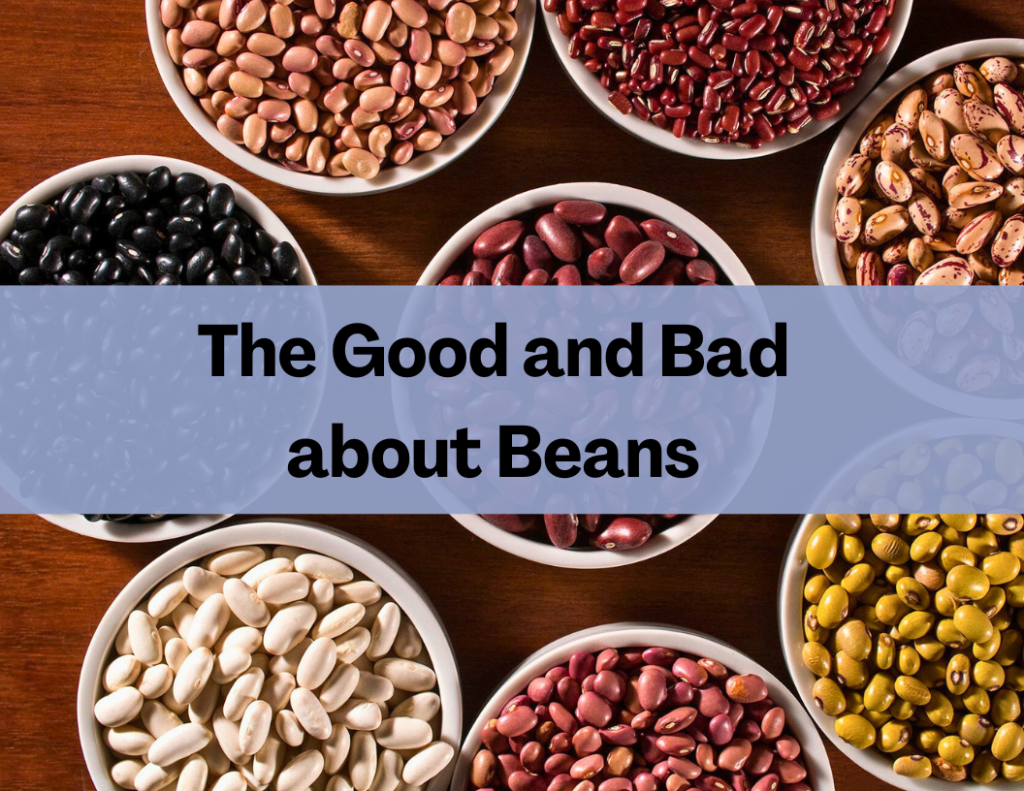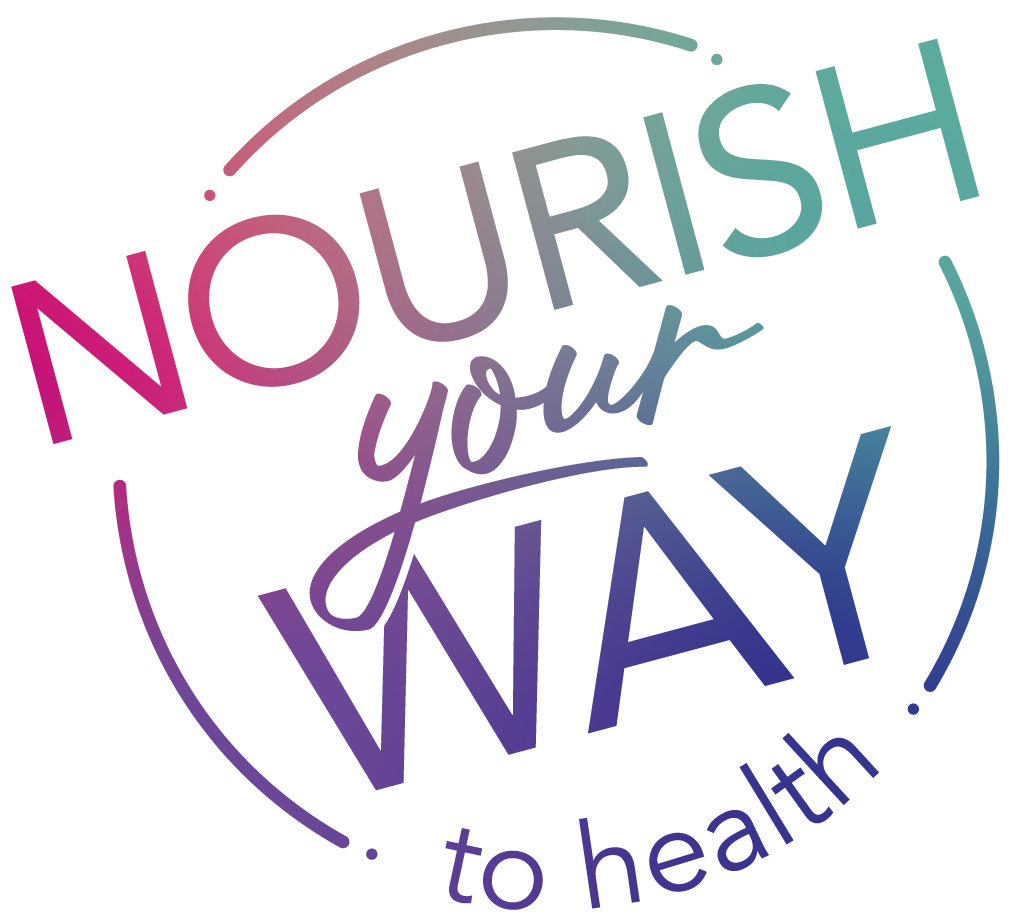
Start healing disease with food!
Today, everyone seems to want to find out the secrets of nutrition and the best diet out there. Year after year there is a new fad diet claiming to be the best and get you the results you want even faster. In a world where everyone seems to be an expert on nutrition, it can be confusing to know who to listen to or what to believe. So many websites out there with different information. And, the food industry tries their best to make their products sound as healthy as possible so that you buy them. So let me try to be a resounding voice of reason and bring clarity to a topic which seems very muddy. In reality, nutrition isn’t very complex—is pretty simple to understand in my opinion. I’ll be laying out the essentials of nutrition. I hope this brings clarity to you and helps give you a better overall understanding of nutrition.
Nutritional Components of Food
There are 6 main nutritional components of food which are: carbohydrates, proteins, fats, vitamins, minerals, and water. Carbohydrates, proteins, and fats are called macronutrients and are what the body needs for energy. Vitamins, minerals, and water are considered micronutrients and don’t provide you with any energy, but are needed for a multitude of reasons for your survival. Both macronutrients and micronutrients are important. Macronutrients provide fuel for the body and play crucial roles in maintaining overall health. Micronutrients don’t provide you with energy but play many roles to ensure the body operates as it should. Let’s dive more in-depth with each of these categories.
Macronutrients
Carbohydrates – the main role of carbohydrates is to provide energy and fuel for your body much like gas provides fuel for a car. Carbohydrates are made up of sugars or starches that are bound together. Carbohydrates get stored in your muscles and also your liver as glycogen. Your body stores carbohydrates to always make sure you have enough energy for your daily activities, even if you were to skip a meal or two. Your body breaks down those carbohydrates mainly into glucose which is the main form your cells use for energy. Carbohydrates are found in fruits, grains, rice, beans, and numerous vegetables. Some carbohydrate-rich vegetables are potatoes, carrots, sweet potatoes, and peas.
Protein – The main role of protein is to provide your body with the building blocks to build cells and other tissues. Protein gets broken down into amino acids which mainly get used for growth, development, repair, and maintenance of body tissues. Protein provides structure to muscle and bones. Protein also helps to repair tissue when it gets damaged. For example, your skin has a protein in it called keratin and when your skin gets damaged then the keratin protein helps to harden the new skin cells to repair the damaged layer. Protein has a lot of functions in the human body and too many to explain in this brief summary. Good sources of protein can be found in beef, pork, chicken, fish, beans, eggs, and dairy products. When buying animal products, look for pasture-raised or wild caught. I also suggest finding dairy with A2 casein or from sheep or goats—these are non-inflammatory. There are other sources of protein as well but this is a general list of the main sources. Lastly, not all proteins are created equal. Animal proteins have been shown to have better bioavailability, or absorption, in the body. This just means that your body can absorb animal proteins better than plant proteins.
Fats – The main role of fat is to provide structure and cushion to cells and membranes. Fats help to prevent damage to the human body by providing cushion. Fats are also crucial in helping to absorb certain vitamins. The vitamins A, D, E, and K are the only fat-soluble vitamins. The rest of the vitamins are water-soluble. Dietary sources of fat are animal fats, avocados, oils, nuts, dairy, fish, and coconut. Not all fats were created equal either. Try to consume more polyunsaturated (like nuts or fish), monounsaturated (like olive-oil), and quality saturated fats like quality butter from grass-fed animals. Avoid trans fats—these are highly processed oils like canola oil, vegetable oil, and margarine just to name a view.
Water – The of few of the many roles of water in the body are to regulate body temperature, dissolve and aid absorption of vitamins and minerals, flush out waste products, and protect and moisturize joints. Your body is in fact about 60%-70% water so it is a very large and important part of our health. Your body naturally loses water through breathing, sweating, and digestion so it is important to rehydrate by drinking enough water. There is no exact amount of water you need since it depends on various factors like the climate you live in, how physically active you are and other health factors. The main rule of thumb is to listen to your body—6 to 8 glasses or water daily is what you may hear often. If your body tells you that you are thirsty then drink water. It’s great to always have it nearby.
Micronutrients
Vitamins and Minerals – the main roles of vitamins and minerals is to support overall health and play an important role in cell metabolism and neurological functions. Vitamins help to aid in energy production, wound healing, bone formation, immunity, and eye and skin health. Minerals also perform a vast array of functions in the body such as providing structure to the skeleton, helping to maintain cardiovascular health, and act as a catalyst in necessary enzymatic reactions. Consuming a balanced diet of fresh fruits, vegetables, whole grains (like rice, quinoa, or millet), dairy, and lean meats can help to ensure that your body has enough nutrients to perform all of its functions. A few examples are:
Vitamin A – helps to maintain good eyesight
Calcium and Phosphorus – helps to maintain strong bones and teeth
Iron – helps blood to transport oxygen throughout the body
Vitamin E – acts as an antioxidant and helps to maintain healthy skin
Diet Selection
When planning or preparing meals try to think of these major food groups. Protein, vegetables, and fruit. Try to make half of your plate mostly veggies and a little fruit. You may get most of your fruits for breakfast but fill your lunch and dinner plates with mostly veggies with a little protein—Grains are not needed for a robust system, however, you can have a small amount of grains too like rice or quinoa. Some people can handle gluten, but for people who are trying to heal from a chronic or autoimmune disease, avoid it. A little bit of nuts and seeds are healthy too—they give you good fats and proteins.

A Little Bit About Beans
Beans are a food I’ve been warming up to and consume some in small amounts now. When I was healing, I stayed away from beans because they have lectins (some more than others). A lectin, also known as the “anti-nutrient” is a type of protein that binds to certain carbohydrates. Just about every organism in the world, from plants to animals to microbes, contains lectins.
There are many types of lectins, and some are completely safe, while others may pose health risks. The difference depends on the amount of lectins present and what type of carbohydrates bind to them. Not every lectin is dangerous in the same way. In fact, many types of lectins pass through your digestive system unchanged. And, while the lectins found in plants are considered edible and are usually harmless, they can sometimes still affect your health.
I follow Dr. Hyman. After I healed myself I stared opening up to different kind of beans. Some are too high in starch and some (like baked beans you buy in a can) have too much sugar. He says that if you: are insulin resistant, are prone to food allergies, are trying to heal from an autoimmune disease, have breast cancer, if you are a man trying to father a child, you have digestive issues, or you’re trying to lose belly fat, avoid them. WHEW—That’s a lot of restrictions, but see below. There are some that are safe.
Dr. Hyman says avoid:
- lima beans and kidney beans (high in starch)
- baked beans (high in sugar)
- peanuts (yes it’s a bean–due to toxins)
- beans in a can lined with BPA.
Beans he allows:
- non-GMO, organic soybean-based foods
- lower starch beans like peas, and lentals
- black beans
- organic green beans
- black-eyed peas,
- whole soybeans like edamame (says don’t overdo it)
- mung beans
In conclusion, sometimes we need to be reminded why we need certain foods to help our bodies run effectively. THESE FOODS WILL HELP YOU HEAL! Get creative when making meals and try new foods because you might try something that you really enjoy. There is an entire range of delicious foods and recipes that will propel your health forward. Have fun with it!
If you need help healing, I'm happy to get you on that road as quickly as possible!
Adrienne
xo
My cookbook has all the important foods you can heal or maintain your body with. It makes a great gift too!
Would you like help reversing your multiple sclerosis symptoms?
Healing chronic disease
Holistic healing

So love your newsletter thank you for all the value you add to all our lives! Joey